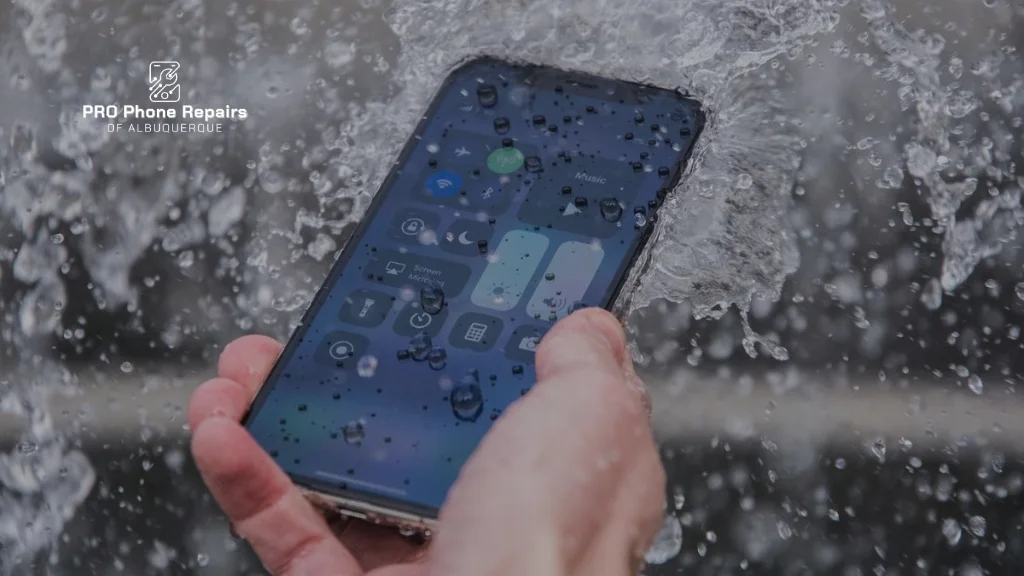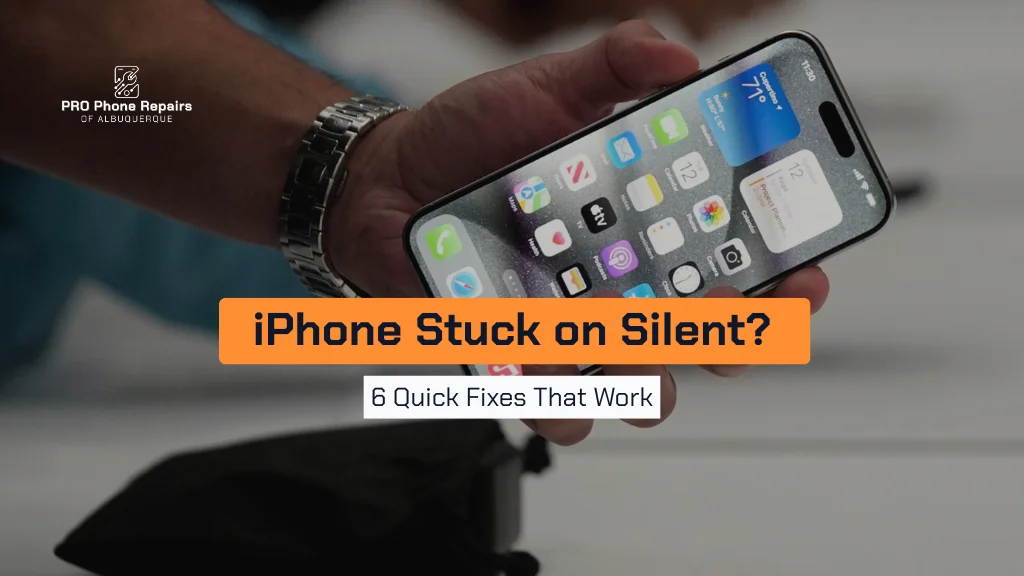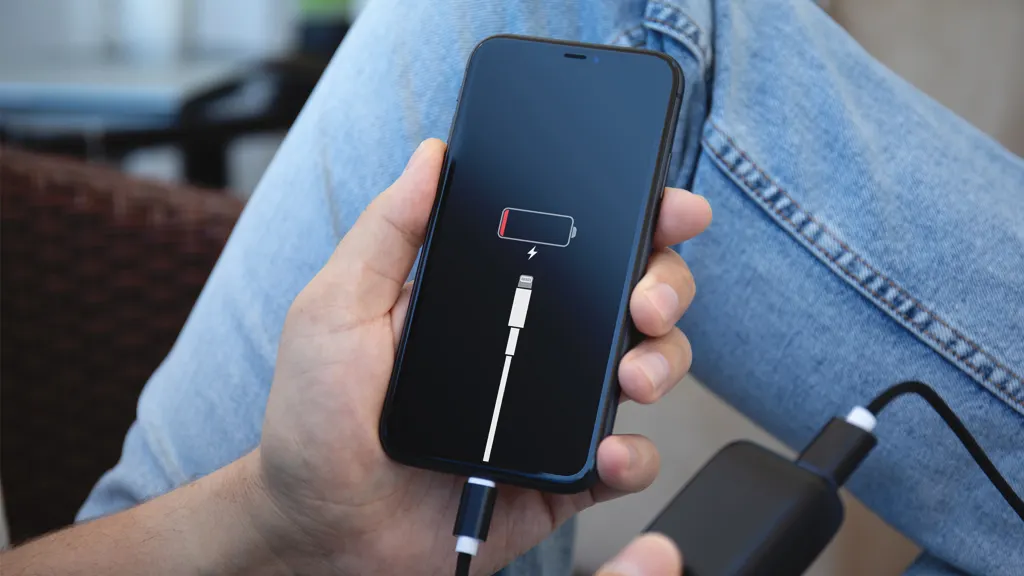In today’s fast-paced world, our smartphones have become indispensable tools for communication, productivity, entertainment, and more. However, as with any technology, phones are not immune to wear and tear, damage, and obsolescence. When your phone starts showing signs of trouble or falls behind in performance, you face a significant decision: repair or replace? In this article, we’ll explore the factors to consider when deciding whether to repair or replace your phone and provide guidance on making the right choice.
1. Evaluate the Extent of Damage
The first step in deciding whether to repair or replace your phone is to assess the extent of the damage. Minor issues like a cracked screen, a malfunctioning speaker, or a depleted battery can often be repaired relatively affordably, making repair a viable option.
On the other hand, extensive physical damage, such as a shattered screen, water damage, or a bent frame, may render the phone irreparable or cost-prohibitive to fix. In such cases, replacing the phone might be the more practical choice.
2. Consider the Age of the Phone
The age of your phone is a critical factor in determining whether to repair or replace it. Older phones may have components that are no longer readily available, making repairs more challenging and expensive. Additionally, older phones may not support the latest software updates, which can affect performance, security, and app compatibility.
If your phone is relatively new, repairs may be a reasonable investment to extend its lifespan and performance. However, if your phone is several years old and already showing signs of wear, replacing it with a newer model may provide a better overall experience.
3. Compare the Cost of Repair to Replacement
Cost is a significant consideration when deciding between repair and replacement. In some cases, repairing a phone can be more cost-effective than purchasing a new one, especially for minor issues like a broken screen or a battery replacement. However, it’s essential to obtain repair quotes from reputable service providers and compare them to the cost of a new or refurbished phone with similar features and capabilities.
Consider not only the cost of parts and labor but also any additional expenses, such as shipping fees or taxes, when assessing the total repair cost. Additionally, factor in the potential need for future repairs and how those costs might add up over time.
4. Assess Performance and Functionality
The performance and functionality of your phone play a crucial role in the decision-making process. If your phone is struggling to run apps smoothly, experiencing frequent crashes, or suffering from a sluggish user experience, it may be a sign that it’s time for an upgrade.
Newer phone models typically offer improved performance, better camera capabilities, enhanced battery life, and access to the latest software features and security updates. If your current phone no longer meets your needs or expectations, it might be more beneficial to replace it with a newer, more capable device.
5. Examine Software Support
The longevity and usability of a smartphone are closely tied to software support. Manufacturers regularly release software updates to address security vulnerabilities, improve performance, and introduce new features. However, these updates are typically available for a limited time, and older devices may no longer receive them.
Check the manufacturer’s policy regarding software updates for your phone model. If your device is no longer eligible for software updates, it may become more vulnerable to security threats and less compatible with new apps and services, making replacement a more attractive option.
6. Weigh Your Attachment and Sentimental Value
For many people, smartphones are more than just tools; they hold sentimental value and personal attachments. If you have a strong emotional connection to your phone or it holds irreplaceable data like photos, messages, or notes, you may be more inclined to repair it, even if the cost is relatively high.
Consider the value of the data stored on your phone and whether you have a backup in place. If the data is irreplaceable, prioritize data recovery and transfer before making a decision.
7. Explore Trade-In and Upgrade Offers
Before deciding to replace your phone, explore trade-in and upgrade offers from your current phone’s manufacturer or your mobile carrier. Many companies offer trade-in programs that allow you to exchange your old device for credit toward the purchase of a new one. This can significantly reduce the cost of upgrading to a more advanced phone with the latest features.
It’s worth comparing trade-in offers from different providers to find the best deal for your specific phone model and condition.
8. Environmental Considerations
When deciding whether to repair or replace your phone, consider the environmental impact of your choice. The production of electronic devices consumes resources and contributes to electronic waste (e-waste), which poses environmental challenges.
Repairing a phone can be a more environmentally responsible choice, as it extends the device’s lifespan and reduces the demand for new manufacturing. Additionally, many repair shops offer eco-friendly practices, such as using refurbished parts or recycling old components.
9. Future-Proofing Your Investment
When making a decision about your phone, consider your long-term needs and how well your choice aligns with them. A newer phone with updated features and performance may serve you better over time, especially if you rely on your phone for work, communication, or productivity.
Investing in a phone that can meet your needs for several years can be a more cost-effective strategy in the long run compared to frequent repairs and potential performance limitations.
10. Seek Professional Advice
If you’re uncertain about whether to repair or replace your phone, seeking professional advice can be helpful. Consult with a reputable smartphone repair technician or visit an authorized service center to get an accurate assessment of your phone’s condition and repair options.
For those in New Mexico, finding professional phone repair in Albuquerque can provide peace of mind and expert insight into whether your device can be salvaged or if it’s time for an upgrade. Local technicians often offer diagnostics that help you weigh the pros and cons before making a final decision.
Technicians can provide insights into the feasibility of repairs, potential future issues, and the overall cost-effectiveness of repairing your current device.
Conclusion
The decision to repair or replace your phone is a significant one, with various factors to consider. By assessing the extent of damage, the age of your phone, the cost of phone repair versus replacement, and the impact on performance and functionality, you can make an informed choice that aligns with your needs and priorities. Additionally, taking into account software support, sentimental value, environmental considerations, and future-proofing your investment can help guide your decision-making process. Whether you choose to repair or replace, it’s essential to prioritize a solution that best serves your personal and practical requirements while making an environmentally responsible choice whenever possible.








